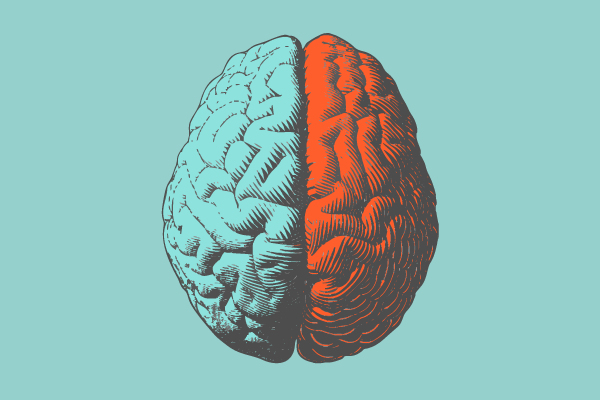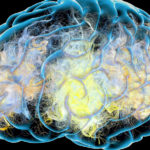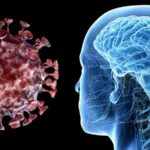When people hold the belief that depression is caused by biological factors, as opposed to psychological or social factors, they tend to perceive the condition as more chronic but generally remain optimistic, according to new research by Rutgers University.
In their study, publicized in the Journal of Mental Health, 319 participants were surveyed to acquire more on their beliefs with depression and any treatment intervention for it. Close to half of the participants exhibited at least one depressive episode before the initiation of the study.
During the survey, the participants’ perceptions of the duration, outcomes, causes, and treatments of depression were gathered by researchers. Among the questions presented was one asking if each participant, or a spouse, friend or relative, ever experienced depression.
The respondents who said they experienced depression or knew someone close to them that did was more likely to hold accepting attitudes toward the condition. These same respondents were also more likely to hypothesize that the condition was caused by biological factors.
“Neurobiological attributions predicted viewing depression as more consequential, longer-lasting, and unexpectedly, more treatable,” the study’s results showed. “Neurobiological attributions were inversely related to stigma, a link partially mediated by beliefs about depression’s consequences and duration.”
“Stronger biological attributions predicted less stigma specifically among participants reporting first- or second-hand experience with depression,” the results also indicated.
As highlighted in the findings, one’s experience with depression could drastically influence their own actions taken toward treatment or even meddle in one’s reactions and stigma toward others who are exhibiting depression.


